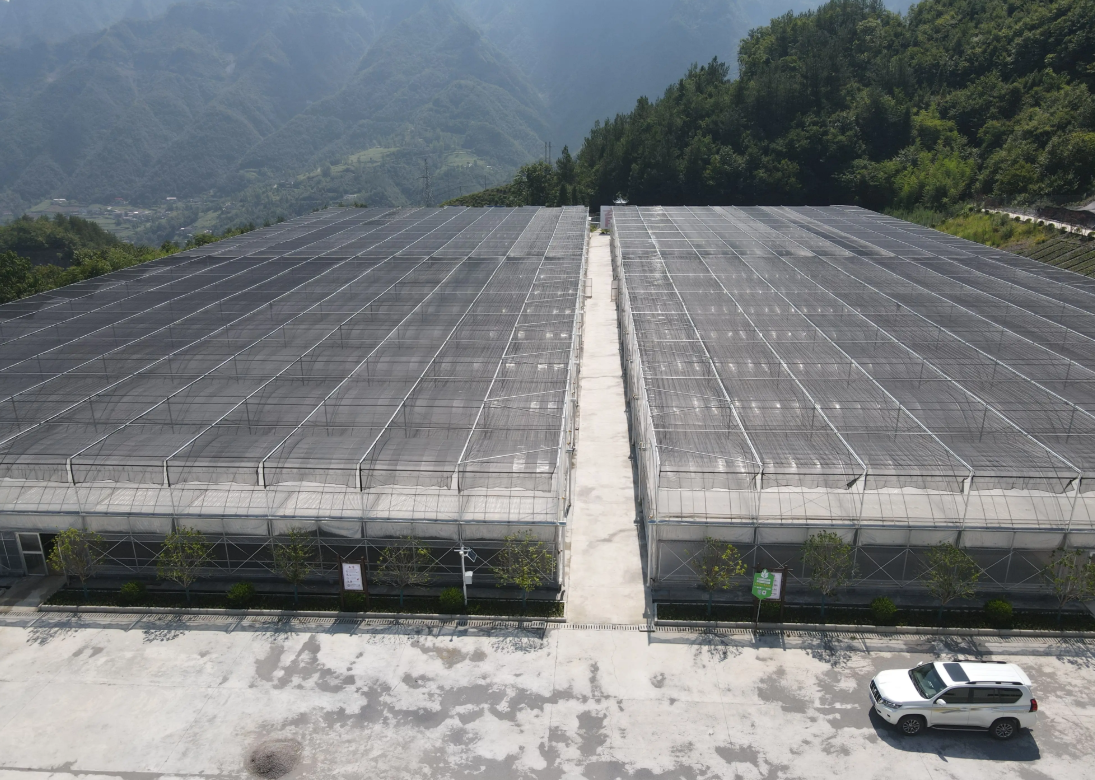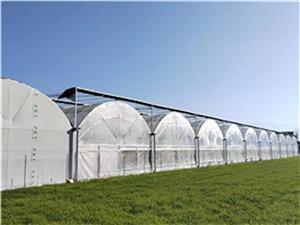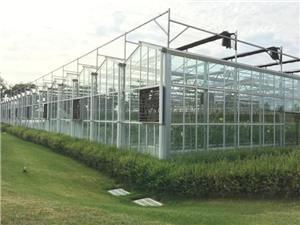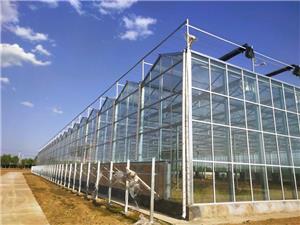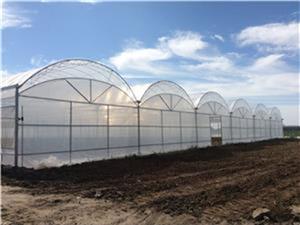How to choose greenhouse shade net?
Greenhouse shading nets play a crucial role in regulating light, lowering temperature, and reducing pests and diseases. Therefore, how to select the appropriate external shading nets becomes a key point in the process of building polytunnels. The following aspects are the factors that need to be given priority consideration when choosing external shading nets.
I. Solar shading rate
The greenhouse solar shading rate film greenhouse is an important indicator for evaluating the film greenhouse shading performance of external. Different film greenhouse crops have varying requirements for light intensity. Generally speaking, crops that require abundant light, such as tomatoes and peppers, shading net are suitable for choosing with a solar external shading net rate of around 30% - 50% during the summer heat season. For crops that are tolerant to shade, such as celery and edible fungi, the solar shading rate needs to reach 60% - 80% or even higher. When choosing a shading net, it is necessary to determine the required solar shading rate based on the type of crops being grown, the growth stage, and the local climate conditions to meet the light requirements of the crops and avoid excessive shading net that leads to insufficient photosynthesis.
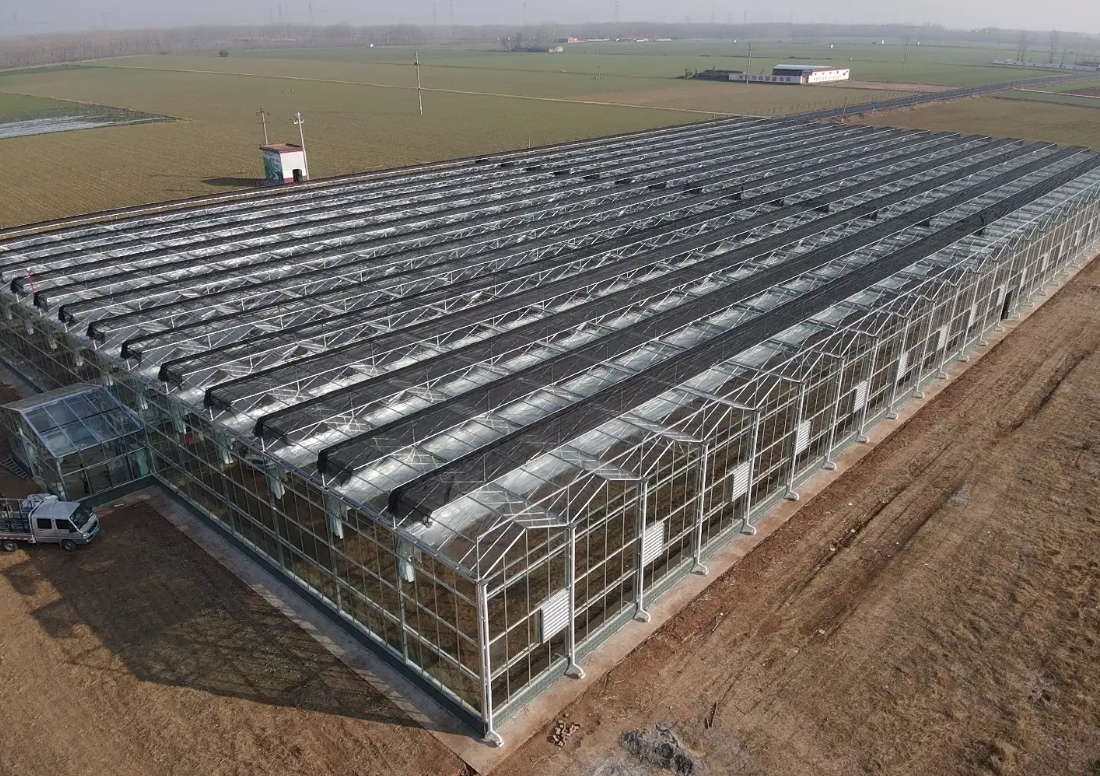
II. Materials and Lifespan
The material of the external film greenhouse shading net directly affects its service life and performance. Common shading net materials include polyethylene (PE) and polypropylene (PP), etc. Polyethylene film greenhouse shading nets have better external shading net anti-aging performance and their service life can generally reach 3 - 5 years. Polypropylene shading nets have relatively lower prices, but their anti-aging performance is slightly inferior, with a service life of about 1 - 2 years. In addition, there are also new types of greenhouse shading nets that have added anti-aging agents and ultraviolet absorbers, and their service life can be further extended. When choosing, one should comprehensively consider film greenhouse factors such as cost and service life, and select shading net products with reliable quality and durability.
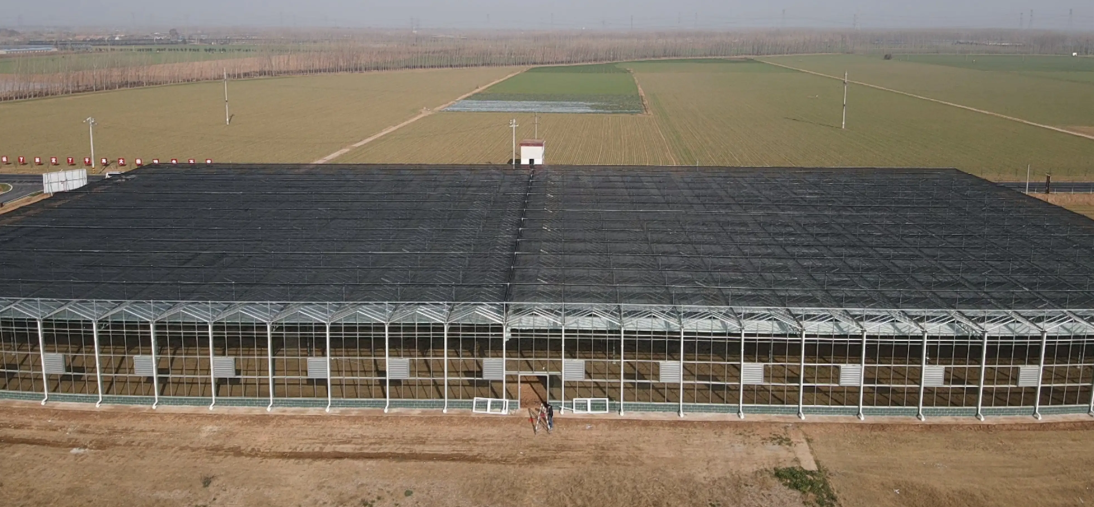
III. Weaving Techniques
The weaving technique influences external shading net the strength, stability and ventilation performance of film greenhouse shading nets. Currently, the shading nets available in the market mainly come in two weaving methods: plain weave and knitted weave. In plain weave shading nets, the warp and weft threads are perpendicular to each other, resulting in a dense structure and high strength, but relatively poor ventilation performance; while knitted shading nets are woven with a coil structure, featuring good elasticity and ventilation performance, but slightly lower strength than plain weave shading nets. In practical applications, the appropriate weaving technique of film greenhouse shading nets can be selected based on the structure and usage requirements of the polytunnel.
